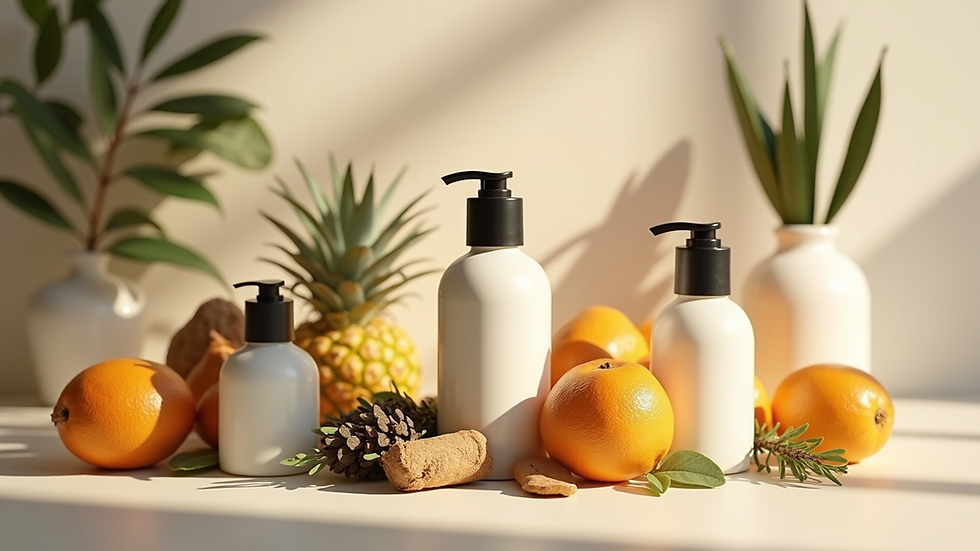Just say NO to parabens in lotion & creams!
- jbryan5969

- May 29, 2022
- 2 min read
Updated: May 19, 2023
The chemicals, called parabens, are preservatives widely used in everything from
shampoos and cosmetics to body lotions and sunscreens. The chemicals have generated increasing health concerns, however, because they mimic estrogens, which have been linked to an increased risk of breast cancer and reproductive problems.
“Although parabens are known to mimic the growth effects of estrogens on breast cancer cells, some consider their effect too weak to cause harm,” said lead investigator Dale Leitman, a gynecologist and molecular biologist at UC Berkeley and an adjunct associate professor of nutritional sciences and toxicology. “But this might not be true when parabens are combined with other agents that regulate cell growth.”
Existing chemical safety tests, which measure the effects of chemicals on human cells, look only at parabens in isolation, he said. They fail to take into account that parabens could interact with other types of signaling molecules in the cells to increase breast cancer risk.
To better reflect what goes on in real life, Leitman and his colleagues looked at breast cancer cells expressing two types of receptors: estrogen receptors and HER2. Approximately 25 percent of breast cancers produce an abundance of HER2, or human epidermal growth factor receptor 2. HER2-positive tumors tend to grow and spread more aggressively than other types of breast cancer.
The researchers activated the HER2 receptors in breast cancer cells with a growth factor called heregulin that is naturally made in breast cells, while exposing the cells to parabens. Not only did the parabens trigger the estrogen receptors by turning on genes that caused the cells to proliferate, the effect was significant. The parabens in the HER2-activated cells were able to stimulate breast cancer cell growth at concentrations 100 times lower than in cells that were deprived of heregulin.
The study demonstrates that parabens may be more potent at lower doses than previous studies have suggested, which may spur scientists and regulators to rethink the potential impacts of parabens on the development of breast cancer, particularly on HER2 and estrogen receptor positive breast cells.
The findings also raises questions about current safety testing methods that may not predict the true potency of parabens and their effects on human health.
“While this study focused on parabens, it’s also possible that the potency of other estrogen mimics have been underestimated by current testing approaches,” said co-author Chris Vulpe, a toxicologist at UC Berkeley.
Leitman, Vulpe and their colleagues at the Silent Spring Institute published their findings online Oct. 27 in the journal Environmental Health Perspectives. The California Breast Cancer Research Program helped fund this research.
Sugie Cubes works better than any lotion and doesn't contain any hormonal disrupters!




Comments